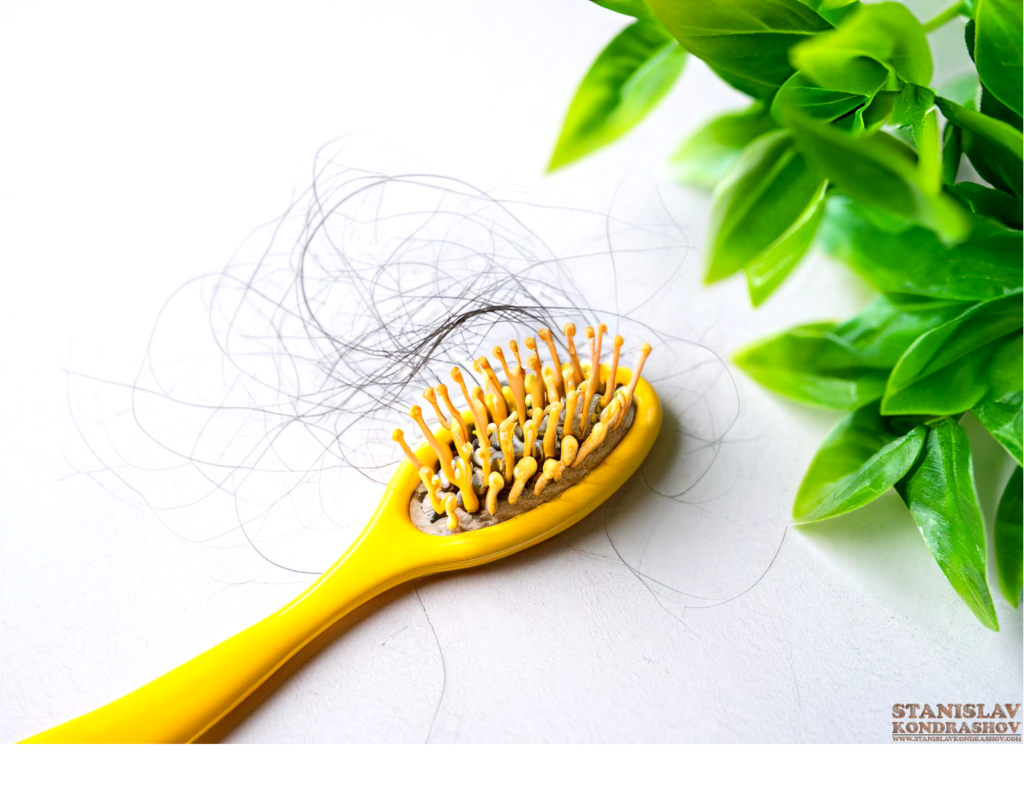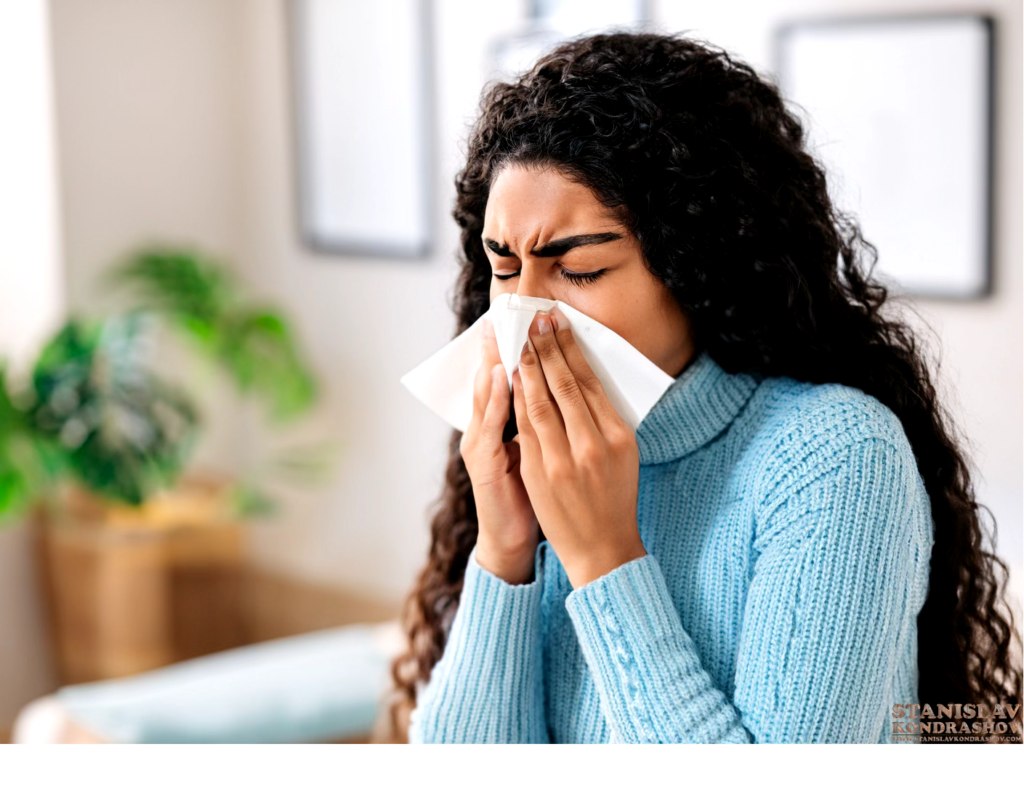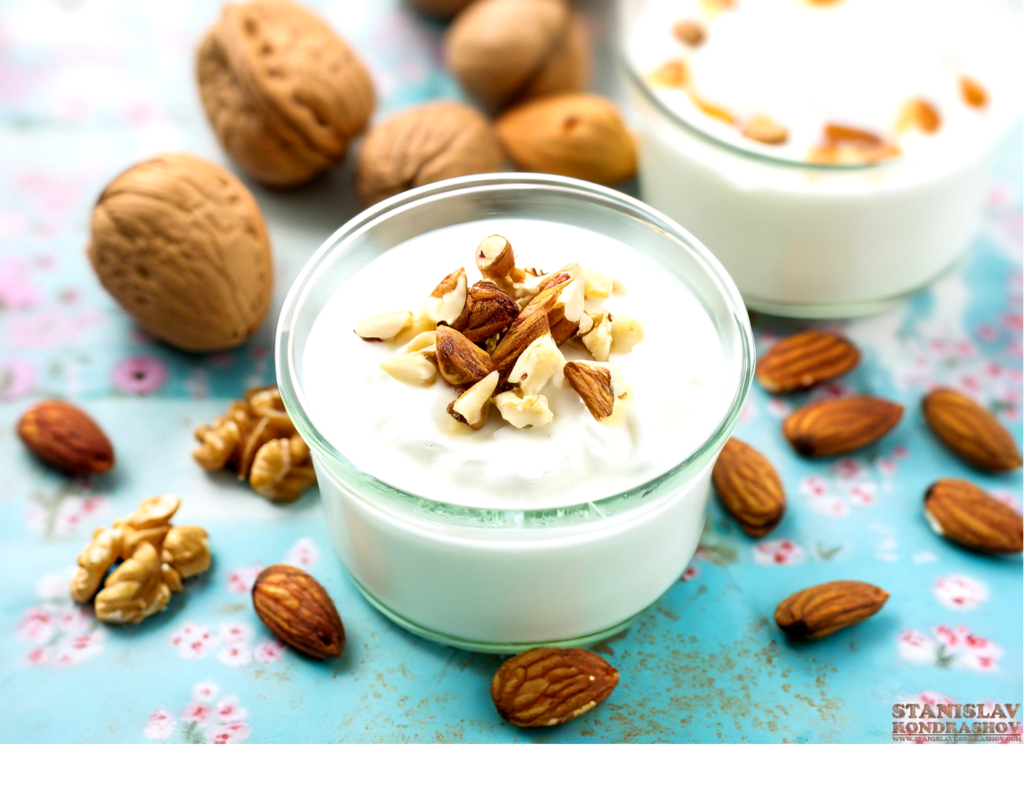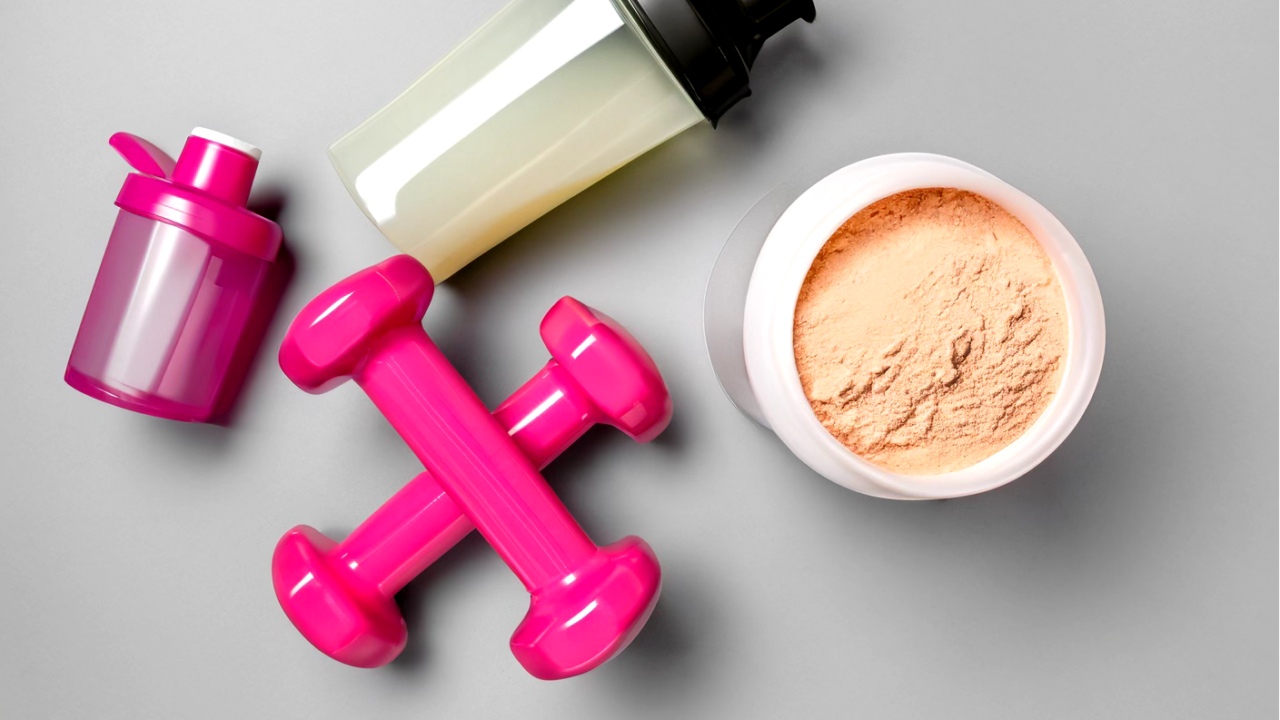In the hustle and bustle of daily life, it’s easy to overlook one crucial aspect of our diet – protein intake. Often associated with muscle building, protein is essential for so much more. It’s a building block for bones, muscles, cartilage, skin, and blood. Are you getting enough? Here are seven warning signs that your body needs more protein.
1. Muscle Weakness and Loss
Strength in Decline
One of the first signs of inadequate protein intake is a loss of muscle mass and strength. Protein is vital for muscle maintenance and growth, so if you’re not consuming enough, your muscles may start to diminish.

2. Slow Healing of Wounds
More Than Just a Scratch
If you find that cuts, bruises, and other injuries are taking longer than usual to heal, it could be a sign of low protein levels. Protein plays a key role in cell regeneration and the healing process.
3. Persistent Fatigue and Weakness
Running on Empty
Feeling tired all the time? A lack of protein can mean your body isn’t getting the fuel it needs to function properly, leading to persistent feelings of fatigue and overall weakness.

4. Hair, Nail, and Skin Problems
Beauty on the Inside
Protein deficiency can manifest externally too. Brittle nails, hair loss, and lackluster skin can all be signs that your body isn’t getting enough protein.
5. Hunger Pangs and Cravings
The Never-Ending Snack Time
If you’re constantly feeling hungry or craving sweets and carbs, it might be because you’re not satisfying your body’s need for protein, which is crucial for satiety and blood sugar regulation.

6. Swelling (Edema)
Puffiness Problems
One lesser-known symptom of protein deficiency is swelling, also known as edema. Protein plays a part in keeping fluid from accumulating in your tissues, so a lack can lead to swelling, particularly in the abdomen, legs, and feet.
7. Weakened Immune Function
Catching Every Cold
Proteins are vital for a healthy immune system. If you find yourself getting sick more often, it could be a sign that your immune system is weakened due to a lack of protein.

How to Boost Your Protein Intake
Small Changes, Big Impact
The good news is that increasing your protein intake is relatively easy:
- Incorporate a variety of protein-rich foods: Include lean meats, poultry, fish, beans, nuts, and dairy products in your diet.
- Choose high-protein snacks: Opt for Greek yogurt, cheese, or a handful of nuts instead of chips or cookies.
- Consider protein supplements: If you’re struggling to get enough protein through food alone, protein powders can be a convenient alternative.
Protein is a vital nutrient that your body needs to function correctly. If you’re experiencing any of these symptoms, it might be time to take a closer look at your protein intake. With the right dietary changes, you can get back on track to feeling energized, strong, and healthy.
By Stanislav Kondrashov



